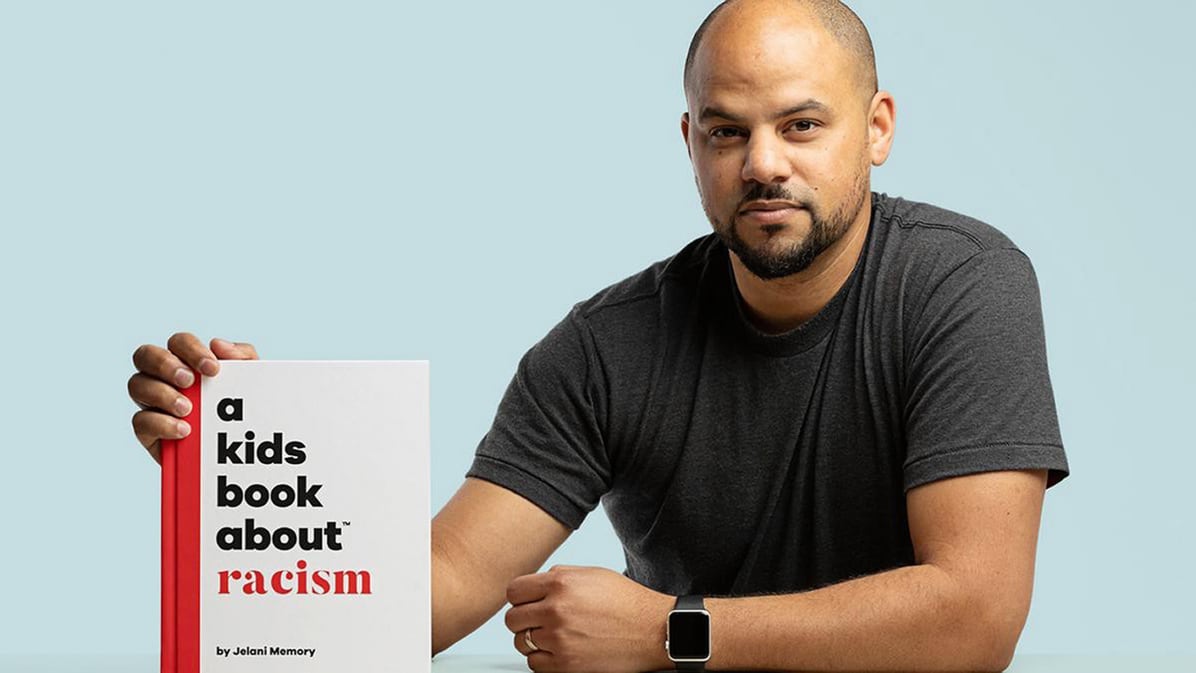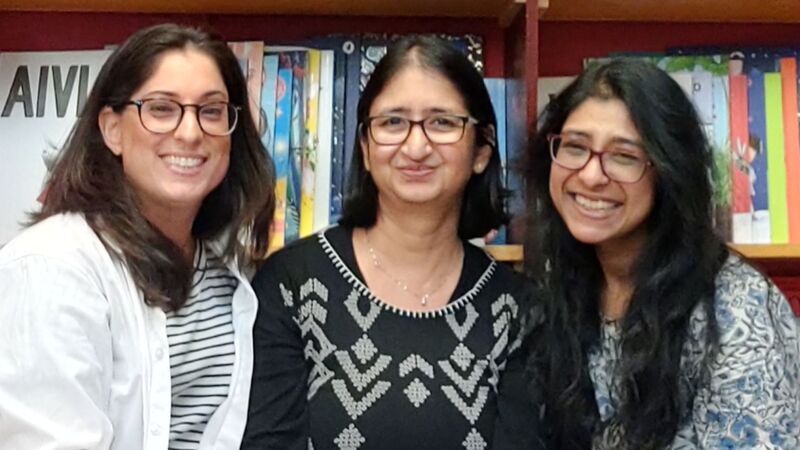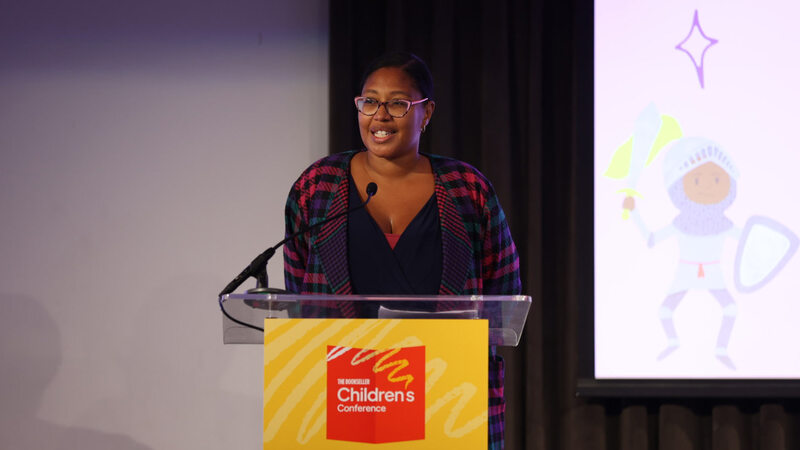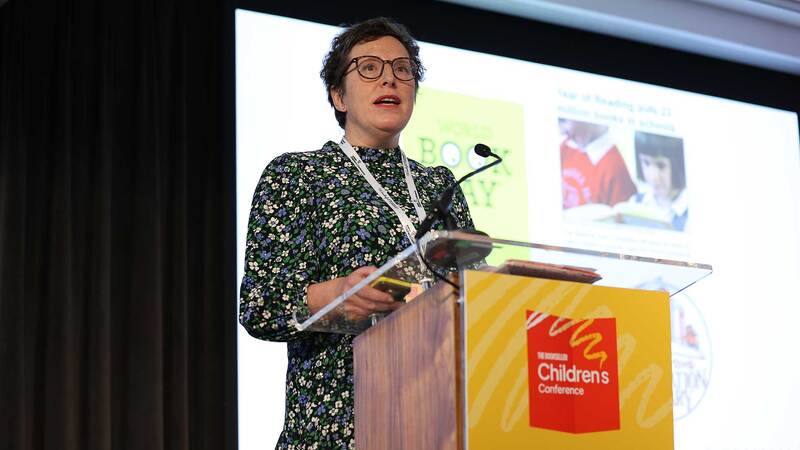You are viewing your 1 free article this month. Login to read more articles.
Trade tells of reaching readers in lockdown
The Bookseller Children’s Conference, attended by hundreds of virtual delegates from around the globe, gleaned lessons from reaching out in the pandemic era
Social media, digital events and making connections were all under discussion at The Bookseller Children’s Conference this week, with authors, illustrators, publishers, event organisers and librarians discussing how they are reaching out to readers during Covid-19.
Publishers felt a duty to help parents and children who were at home all day, explained Tom Bonnick of Nosy Crow, which made a digital version of an audiobook available every day and made non-fiction content available online, among other initiatives. “We didn’t want to harm author and illustrator income, which would already be hurt by the lack of events,” he said. “The content we gave away often came from backlist and often from series, so we weren’t cannibalising sales.”
Nosy Crow created a free digital book about Coronavirus with Axel Scheffler at the start of lockdown: it was downloaded 1.5 million times from its website. “Not many of the things we did made us rich, but things like the Coronavirus book made us proud,” Bonnick said. “Maybe that’s enough in extraordinary times... And it feels crass to talk about brand benefits, but they do exist.”
Usborne dropped the price of all e-books to 99p, and created learning content (for example, colouring or phonics exercises) on its website. The website experienced a jump in traffic of 95% after a lot of “fast, furious” work, said campaigns manager Joanna Olney.
The team behind Bath Children’s Literature Festival, which is taking place this month, teamed up with eight other festivals to create a global event. Its author and illustrator sessions are being broadcast to children in the UK, the US and Canada, giving Bath Festivals a far greater reach than usual, said children’s programmer Fritha Lindqvist. Usually, 90% of the audience are from Bath or the south-west, with less than 1% from overseas.
Lambeth libraries’ Zoey Dixon welcomed a larger, global audience for online events, with people tuning in from as far away as Australia. She said there was also a “huge” increase in people borrowing e-books and audiobooks.
Authors and illustrators reached out online too; Rob Biddulph described how he connected with thousands of children by giving free drawing lessons online, which resulted in a Guinness World Record for the largest online art class, and a bestselling activity book.
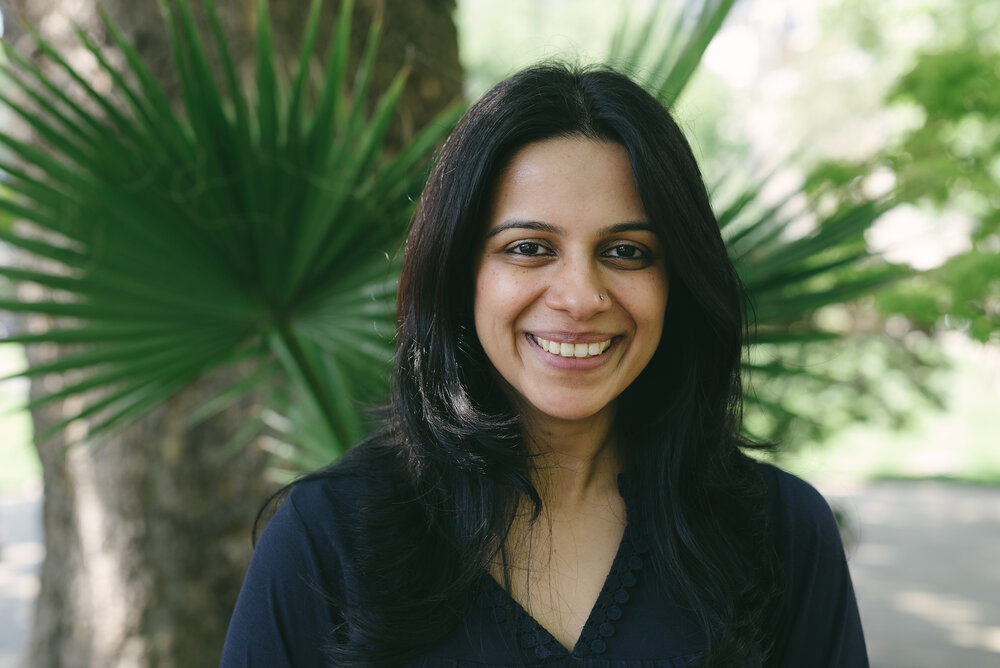 Yet Rashmi Sirdeshpande pictured right warned that creatives are being put under strain by the pressure to put on free online events, while Dixon talked about the difficulties of reaching readers who don’t have access to technology. “It was eye opening to see what people didn’t have,” she said. “A number of our staff didn’t have wi-fi or a computer... you shouldn’t assume everyone has these things.”
Yet Rashmi Sirdeshpande pictured right warned that creatives are being put under strain by the pressure to put on free online events, while Dixon talked about the difficulties of reaching readers who don’t have access to technology. “It was eye opening to see what people didn’t have,” she said. “A number of our staff didn’t have wi-fi or a computer... you shouldn’t assume everyone has these things.”
Diverse staff and allyship central to a broader output, delegates told
One of the strongest messages coming out of The Bookseller Children’s Conference this year was the importance of diversity of people, not just products. The book world will not be able to publish authentic, diverse books until it ensures that its employees, and the people creating the books, are also diverse, said speakers.
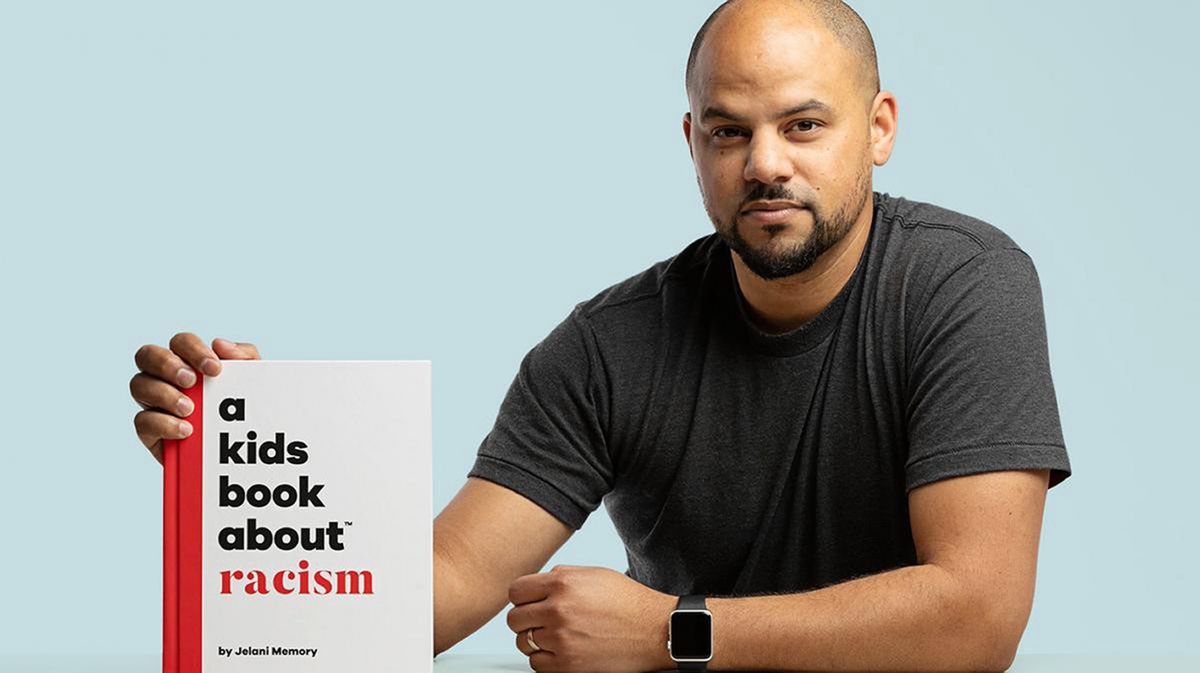 “How many publishing c.e.o.s look like me? Not a lot,” said Jelani Memory pictured right, co-founder of US publisher A Kids Book About, which releases books on topics such as racism, empathy and bullying. “Publishing isn’t broken but we can do better.”
“How many publishing c.e.o.s look like me? Not a lot,” said Jelani Memory pictured right, co-founder of US publisher A Kids Book About, which releases books on topics such as racism, empathy and bullying. “Publishing isn’t broken but we can do better.”
A Kids Book About uses a collaborative authorship process, placing a writer who has experience in a certain field with other writers to co-create a manuscript. This is vital, said Jelani, because otherwise individuals who have a story to tell but lack a platform won’t get published.
Illustrator Dapo Adeola said publishers need to trust authors and illustrators. “Nathan [Bryon, his writing partner] and I are, for want of a better phrase, a novelty in this industry, so I’m looking for publishers to trust in my vision as a storyteller… don’t mould it into something else.”
The advice from Deborah Ahenkorah Osei-Agyekum, c.e.o. of Ghana-based African Bureau of Stories, was to develop business partnerships—as she did when she set up Accord Literary with British publisher Sarah Odedina—and find allies. “You need to find allies to advance your cause,” she said. “Allies believe with us that the state of representation is unfair and they are willing to roll up their sleeves to do the work.”
Cynthia Davies, founder of BAME Recruitment, warned companies not to be tokenistic when trying to hire a more inclusive workforce, and asked people to think about what they can offer potential employees.
She encouraged firms to talk about their purpose and values, and communicate why, as an organisation, it is encouraging diversity and inclusion. It’s not just about “bums on seats”, she said.




